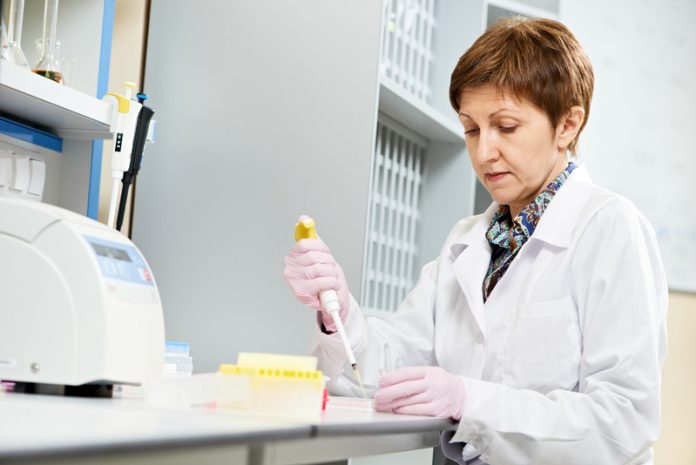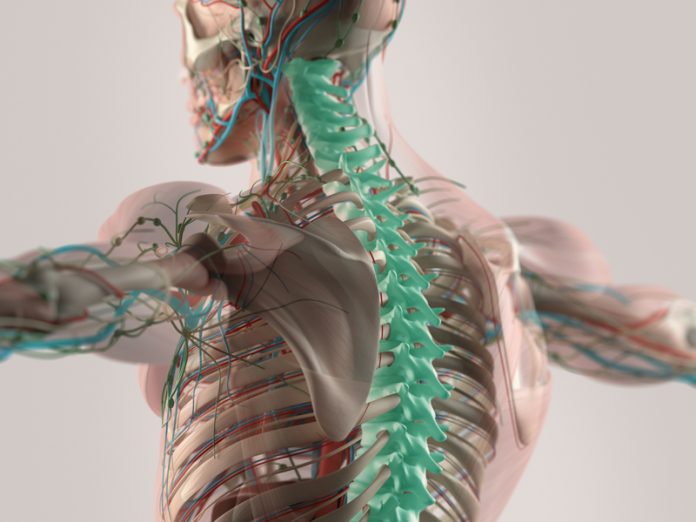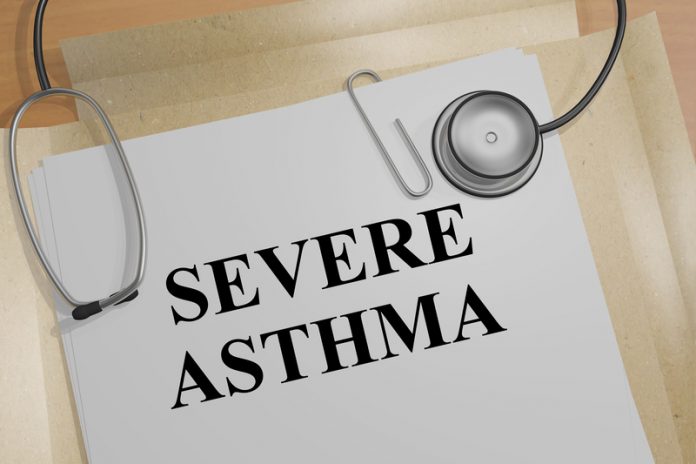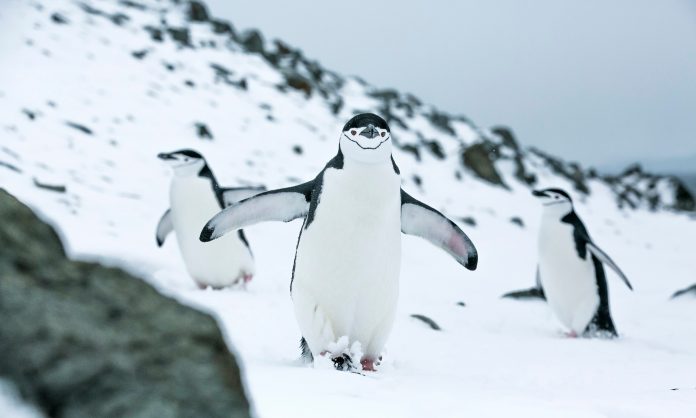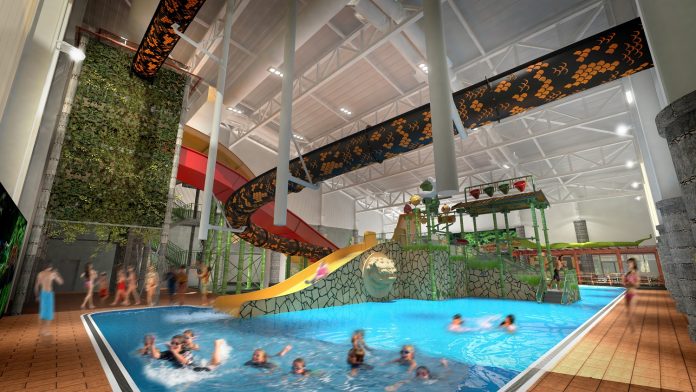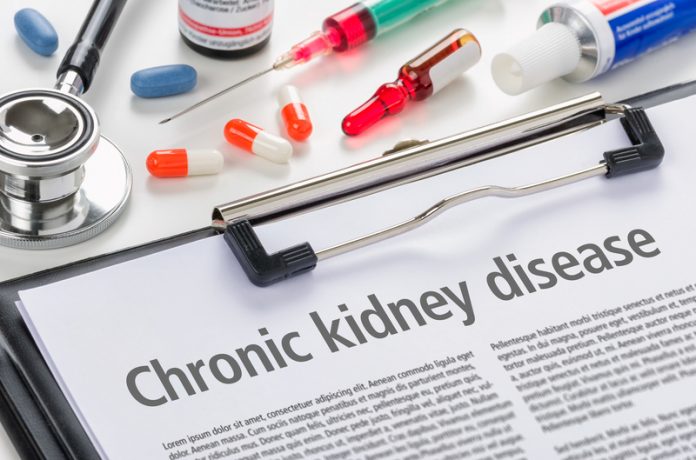Open Access Government produces compelling and informative news, publications, eBooks, and academic research articles for the public and private sector looking at health, diseases & conditions, workplace, research & innovation, digital transformation, government policy, environment, agriculture, energy, transport and more.
Home Search
lead - search results
If you're not happy with the results, please do another search
Acute respiratory distress syndrome – diagnostics and therapeutics
Cecilia Van Cauwenberghe, from TechVision Group, Frost & Sullivan provides a detailed analysis of acute respiratory distress syndrome, focussing on the evolving diagnostics and therapeutics in the precision era of medicine.
Work-related musculoskeletal disorders: The path towards absolute prevention
Cecilia Van Cauwenberghe from Frost & Sullivan’s TechVision Group provides a comprehensive overview work-related musculoskeletal disorders, focussing on the path towards absolute prevention.
Government announces new funding for immersive technologies
£33 million from the Industrial Strategy Challenge Fund will support immersive technologies, with opportunities for businesses and researchers to work together
Government announces new cyber security export strategy to protect UK and allies
International Trade Secretary Dr Liam Fox launched the government’s new Cyber Security Export Strategy (Monday 26 March) to promote the UK’s world-leading expertise and strengthen defence capabilities in the UK and allied countries
New manifesto sets out path for biggest modernisation of public services
A new manifesto calling for the most radical modernisation of public services in Britain since the birth of the Welfare State launched yesterday at the Institute for Government
Getting to the truth about giving up plastics
President and technical advisor of the PMMDA and Managing Director of Sumitomo (SHI) Demag UK, Nigel Flowers explores the bad press plastics has been getting since the airing of Blue Planet II, the impact of Brexit on industry standards and the reality of giving plastics up for good.
Severe asthma shows the tip of the iceberg of personalised medicine
Isabel Proaño Gómez, Communications Manager at European Federation of Allergies and Airways Diseases Patients’ Associations (EFA) explores the issue of severe asthma and how our understanding of it is evolving
The European Diabetes Forum: Diabetes in Europe today
John J. Nolan, Stefano Del Prato, Juleen R. Zierath from the European Association for the Study of Diabetes e.V. present their approach to address the pandemic of diabetes in Europe today
Legal professionals to take control of their personal data when GDPR comes in
People who work in the legal sector are more likely than any other to ask for their personal data to be edited or deleted once the General Data Protection Regulation (GDPR) comes into force, a survey has revealed
Taking steps to equal the voting age across the UK
The Association of Colleges and the National Union of Students have launched a campaign which aims to equal the voting age across the UK to 16
The role of blockchain technology in Dubai
Smart Dubai Office lifts the lid on the role blockchain technology plays in Dubai, in this revealing interview
Nearly 2 in 10 students have gone over their agreed overdraft limit
New YouGov research commissioned by Equifax *, the credit information provider, shows how much students rely on short-term debt, particularly overdraft facilities, to get them through university
Protecting the Antarctic Ocean
Oceans campaigner at Greenpeace UK, Louisa Casson, explores the importance of protecting the Antarctic Ocean
Agoraphobia, associated anxiety disorders, phobias and conditions
Chief Executive of Anxiety UK, Nicky Lidbetter lifts the lid on the relief and rehabilitation of persons affected by agoraphobia and associated anxiety disorders, phobias and conditions and the extent to which these are treatable and manageable
Cybersecurity and its role in delivering digital public services to citizens
John Swinney, Deputy First Minister of the Scottish Government shares his thoughts on the importance of cybersecurity and why it is an essential component of delivering digital public services to citizens
UK signs European agreement to use powerful laser to develop future medicine
The UK has signed the European X-Ray Free-Electron Laser (XFEL) convention in Berlin, Germany and will work with other countries to create new medical treatments through the use of a powerful laser.
New waterpark makes a big splash in Rhyl
A £15 million waterpark in Rhyl has been named SC2 and will form a major part of the waterfront development in the town
Animal medicine: Science in the legislative driver’s seat
Roxane Feller, AnimalhealthEurope Secretary-General shares her thoughts on the role of science in the legislative driver’s seat where animal medicine is concerned.
Caring for our kidneys – findings from the Chronic Kidney Disease (CKD) Audit
The topic of Chronic Kidney Disease (CKD) is placed under the spotlight by experts from the London School of Hygiene and Tropical Medicine, the Primary Care Cardiovascular Society and the charity Kidney Care UK.
Government announces £90 million programme to tackle inequalities in youth unemployment
Prime Minister Theresa May has announced the launch of an innovative programme to address ethnic inequalities in youth unemployment and to help disadvantaged young people get into work

